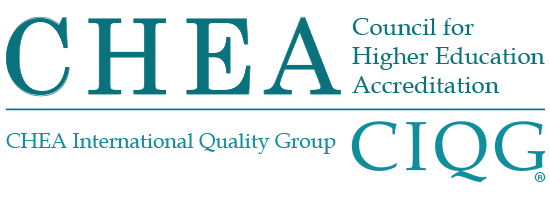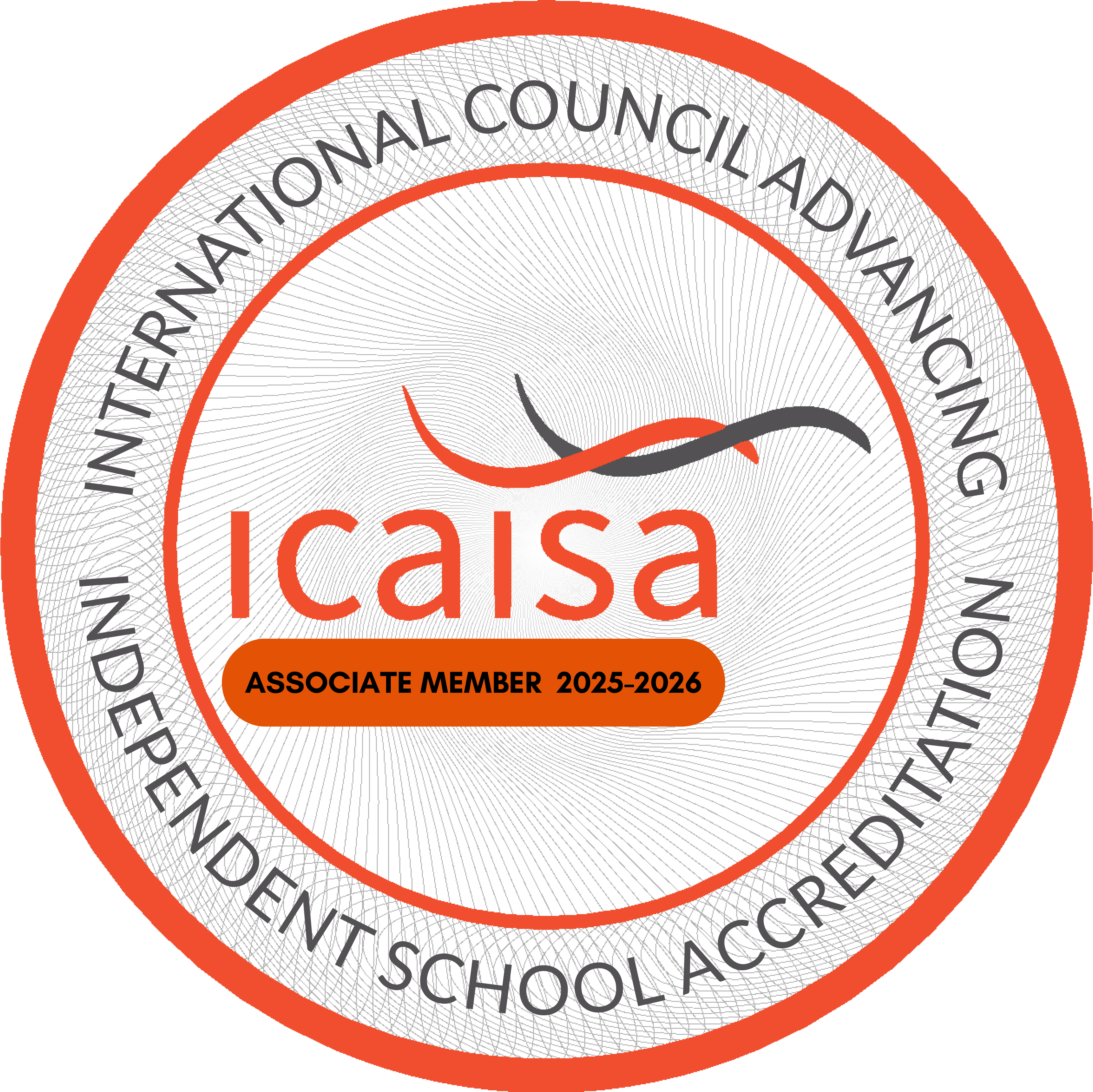The main topics for consideration of the Teachers Council were the outcomes of activities carried out by the MES RK for 2015 and tasks of the Department for the coming year, indicators of the national education system, as well as the results of reforms in the pre-school, secondary, technical, higher education and science, field of protection of children’s rights and youth policy.
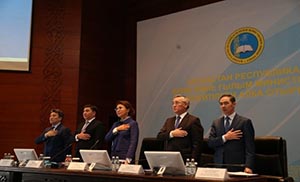

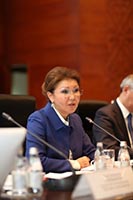
The Minister of Education and Science of the Republic of Kazakhstan, Aslan Sarinzhipov, noted that the last year was very productive: there have been significant reforms in legislation regarding education policy.
There was a development of the new project of the State Development Program of Education and Science of the Republic of Kazakhstan for 2016-2019 years.
In 2015, 64% of higher education institutes have passed institutional accreditation; specialized (programme) accreditation was passed by 59% of HEIs, including the international specialized (programme) accreditation - 27%.
According to the Minister, 24 innovative study programs were developed and approved in collaboration with foreign partner universities and employers.
The number of publications done by Kazakhstani researchers in leading ranking journals of the world constituted 1995, of which only 976 of studies were published in Scopus, 327 in the Web of Core Collection, and 692 articles simultaneously in both databases.
In the framework of the meeting, the speech was also delivered by the Deputy Akim of the Almaty region - Bakhtiyar Onerbayev, the president of the NGO "Union of children's public organizations "Zhuldyz" - Elena Dmitrienko, Director of the Polytechnic College of Astana - Viktor Starunov, as well as the rector of the Abai Kazakh National Pedagogical University - Serik Praliyev.
The discussion of the collegium was summarized by the Deputy Prime Minister of the Republic of Kazakhstan, Dariga Nazarbayeva, who highlighted the main shortcomings of the modern national education. Dariga Nazarbayeva also mentioned various relevant issues in the field of education and stressed the need for well-directed work on the contribution to the prospective future of the country.

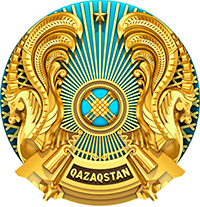



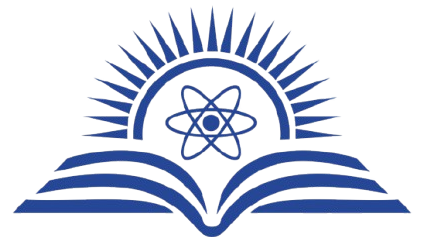 Ministry of Science, Higher Education and Innovation of the Kyrgyz Republic
Ministry of Science, Higher Education and Innovation of the Kyrgyz Republic



